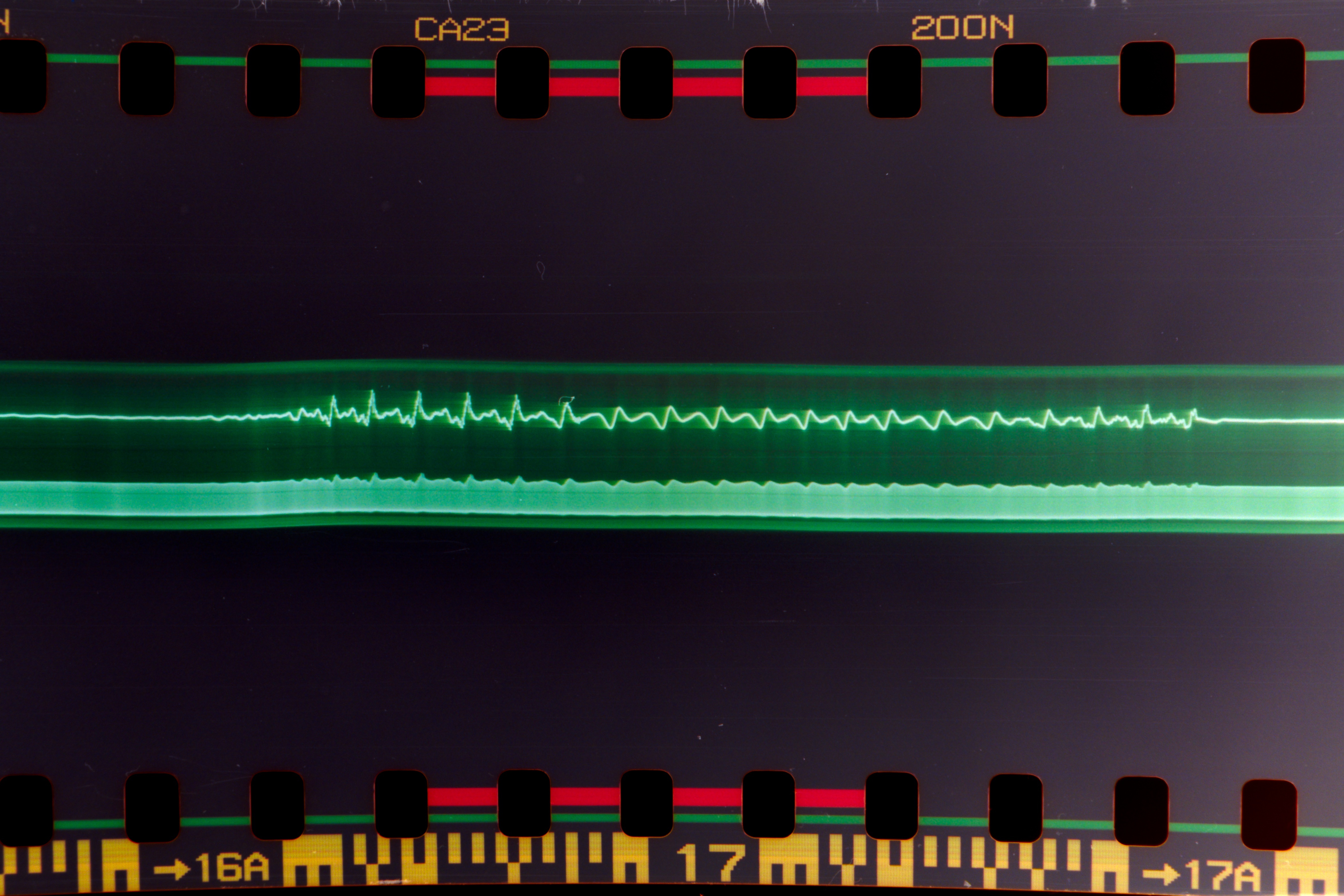Around 2007 I had a Windows laptop die on me and drove me to device agnosticism. Maybe I learned the wrong lesson but now I keep my OS and data separate enough that a b0rked OS is an hour’s inconvenience instead of a day’s recovery.
Still, it’s pretty awesome that you can just shuck a drive into a totally new machine and only have to adjust network settings.








Makes me wonder if there are any cyphers that are easy enough that human meat could implement it but hard enough that it would take some serious GPU time to crack?